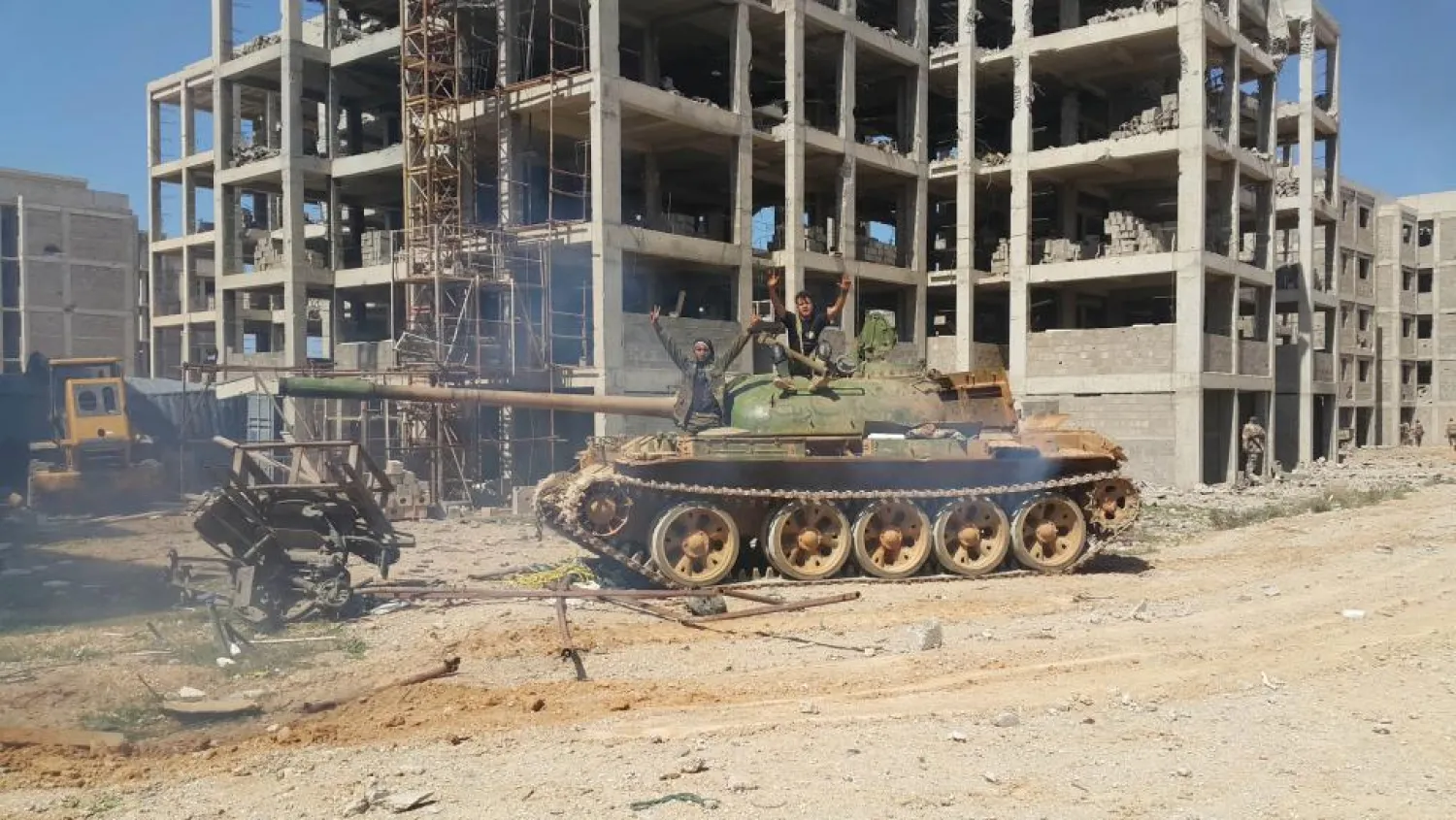Libya National Army forces led by Field Marshal Khalifa Hafter turned up the intensity of confrontations with the UN-backed government headed by Fayez al-Sarraj.
A Government of National Accord official was pursued over grave claims he made against Haftar, accusing the latter of directly ordering his assassination.
On the other hand, 28 bodies with bullet wounds and torture marks were discovered on Saturday in an area west of Libya’s capital that has recently seen clashes between rival armed factions, a local human rights group said.
Locals found the bodies near a road in the town of Alhira, 60 kilometers (37 miles) southwest of Tripoli.
The town is in the Wershafana area, where fighting broke out last week when a coalition of forces nominally aligned with the internationally recognized government in Tripoli launched a campaign against rival armed groups, including loyalists of former Libyan leader Muammar Gaddafi.
The Wershafana region has been largely cut off from the capital for several years and has become notorious for violence and criminal activity.
On that note, Haftar arrived in the United Arab Emirates on a surprise visit to attend the opening ceremony of the 2017 Dubai Air Show.
Meanwhile, Head of the United Nations Support Mission in Libya Ghassan Salame presented his briefing on Libya to the UN Security Council on Thursday. He discussed the political process and the current security situation.
More so, Haftar had ordered LNA military prosecutor to pursue and arrest Faraj Aqyeem.
Based on Haftar’s orders, Aqyeem’s profile with an arrest warrant has been circulated at all security and military checkpoints in the eastern region.
Aqyeem is being charged with "inciting sedition among military ranks and armed conflicts in the city.”
LNA forces took control over Aqyeem’s headquarters in Budzira, Benghazi.
A military official told Asharq Al-Awsat that Aqyeem, who had disappeared completely fearing falling captive to LNA forces, tried bribing military commanders close to Haftar to secure him a safe exit. His request was made prior to him disappearing.









